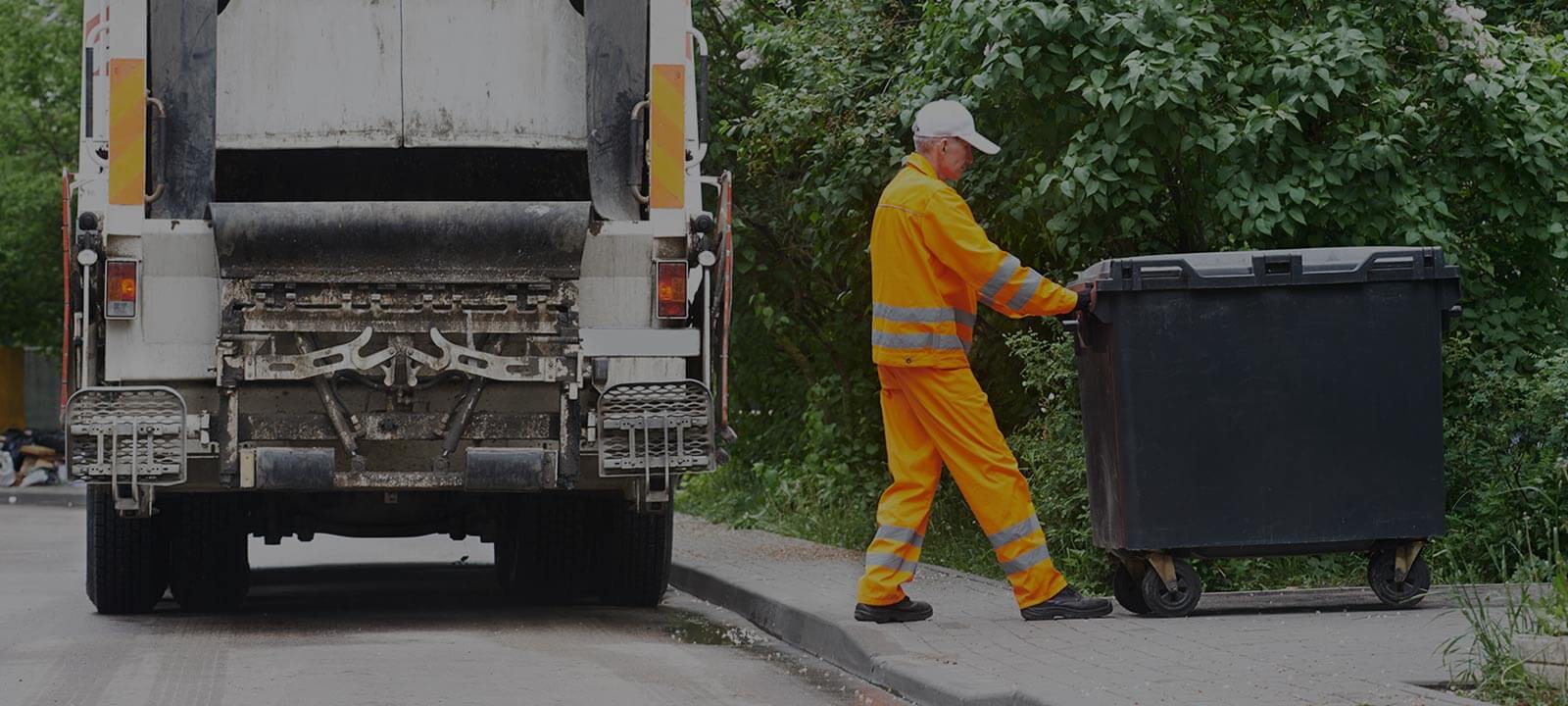Why Responsible Waste Disposal is Essential
Posted on 02/11/2024
As global populations grow, so does the generation of waste. This has brought about a critical need for effective and responsible waste disposal. Not only does improper waste disposal pose significant environmental and health risks, but it also has far-reaching consequences on our economy and quality of life. Here, we delve into why responsible waste disposal is essential and explore several dimensions of this complex issue.
Environmental Impact
One of the most compelling reasons for responsible waste disposal is its impact on the environment. Improperly disposed waste pollutes our air, water, and soil, leading to detrimental effects on ecosystems and human health. Landfills, for instance, release methane--a potent greenhouse gas contributing to climate change. Moreover, toxic substances from waste can leach into groundwater, affecting drinking water supplies and harming wildlife.

Human Health Concerns
The connection between inadequate waste disposal and human health issues is well-documented. Hazardous waste, including chemicals like mercury and lead, can cause severe health problems. Additionally, unmanaged waste can attract pests such as rodents and insects, which are vectors for diseases. Communities with poor waste management systems often experience higher incidences of respiratory and gastrointestinal diseases, emphasizing the need for proper waste handling strategies.
Economic Repercussions
Irresponsible waste disposal also incurs economic costs. Cleaning up polluted areas, healthcare costs due to diseases, and loss of biodiversity are just a few of the economic burdens. Investing in efficient waste management can alleviate these issues by reducing the need for expensive remediation projects and improving public health outcomes, which in turn can lead to higher productivity and economic growth.
Sustainable Resource Management
Responsible waste management doesn't just mitigate harm; it also presents opportunities for resource recovery and recycling. By separating recyclable materials from general waste, we conserve natural resources and reduce the demand for raw materials. This not only helps in lowering the environmental footprint but also contributes to a circular economy where waste is transformed into new products, reducing reliance on finite resources.
Community Well-being
The aesthetic and societal benefits of responsible waste disposal should not be underestimated. Clean, waste-free environments enhance the quality of life for residents. Parks, streets, and public spaces free from litter create a more pleasant living experience. Moreover, well-managed waste systems can create job opportunities in recycling and waste management sectors, fostering economic development within communities.
The Role of Policy and Regulation
Effective waste management requires robust policies and regulations. Governments play a critical role in setting standards and enforcing compliance with waste disposal regulations. Policies that promote recycling, ban single-use plastics, and encourage waste reduction at the source are essential for sustainable waste management. Public education initiatives are also crucial for raising awareness and fostering community participation in waste reduction efforts.
Technological Innovations
Advancements in technology are revolutionizing waste management practices. From waste-to-energy plants that convert waste into electricity and heat, to smart waste bins equipped with sensors that optimize waste collection routes, technology is making waste management more efficient and sustainable. These innovations not only help in reducing the amount of waste that ends up in landfills but also minimize the environmental impact of waste disposal.
Individual Responsibility
While governmental policies and technological advancements are essential, individual actions also play a crucial role in responsible waste disposal. Simple practices such as recycling, composting, and reducing the use of single-use plastics can make a significant difference. Educating oneself about proper waste segregation and disposal methods is an excellent first step toward contributing to a sustainable waste management system.

Global Perspective
Waste management is a global challenge that requires international cooperation. Countries must share knowledge, technologies, and best practices to tackle waste problems effectively. Programs like the European Union's Circular Economy Action Plan and the United Nations' Sustainable Development Goals underline the importance of global partnerships in achieving sustainable waste management.
In some developing countries, waste management infrastructure is still in its infancy, leading to dire environmental and health consequences. International aid and collaboration can provide these countries with the resources and expertise needed to develop effective waste management systems, creating a cleaner, healthier planet for all.
Conclusion
Responsible waste disposal is essential for a multitude of reasons, ranging from environmental protection to economic benefits and human health. Sustainable waste management practices can mitigate many of the adverse effects associated with improper waste disposal, providing a cleaner, safer, and more sustainable future. Comprehensive strategies involving policy development, technological innovations, community engagement, and individual responsibility are required to address the global waste crisis effectively.
By understanding the critical importance of responsible waste disposal and taking collective action, we can protect our environment, promote public health, and ensure a sustainable future for generations to come.
Latest Posts
Reusing for Resource Conservation
Industry applauds government's dedication to improving e-waste recycling practices






